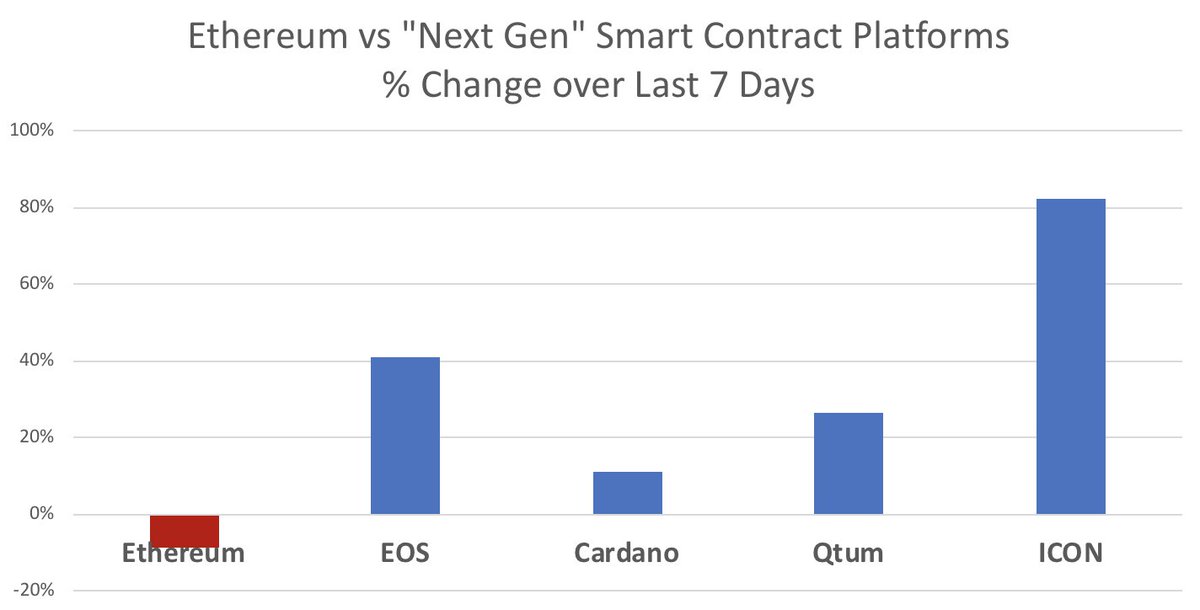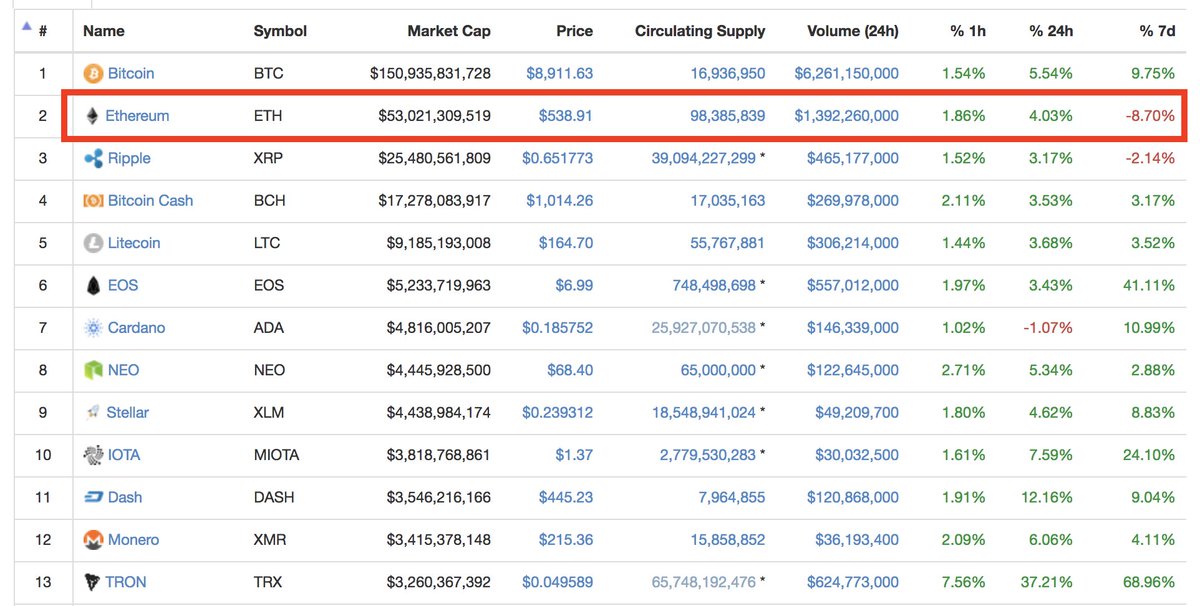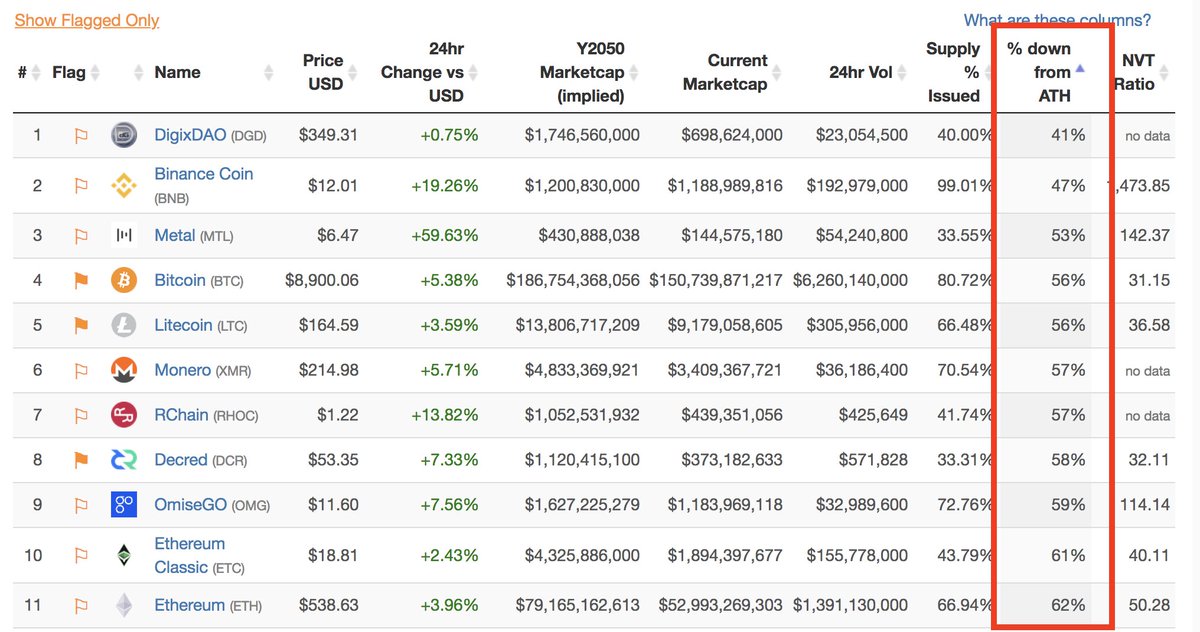I'll quote Hinman directly and add some comments.
This sets the scene for a continuing inquiry, really.
This is going to be a hornet's nest, I think.
This sentence is basically saying "ICOs are mostly in big problems".
Sorry.
See above on ICO troubles.
This should be mandatory teaching by anyone teaching anything about blockchains.
There is no incentive to do so, so they won't.
But it's not saying a lot, and what it says is both very guarded ("based on my understanding": personal opinion!) and still dangerous.
There is a huge comment on the initial distribution to be made here.
NOT off the hook.
Again for the ICOs: labels mean nothing.
"Or in my favorite example, the Commission warned in the late 1960s about investment contracts sold in the form of whisky warehouse receipts. Promoters sold the receipts to U.S. investors to finance the aging and blending processes of Scotch whisky."
Of course important, but far from an official statement.
Even given this statement, it is rather devastating to any ICO and still leaves ETH itself in murky waters.
There's nothing overly legal about it.
What does someone say, in the end?
In this case, much less than was projected on to it, according to me.




